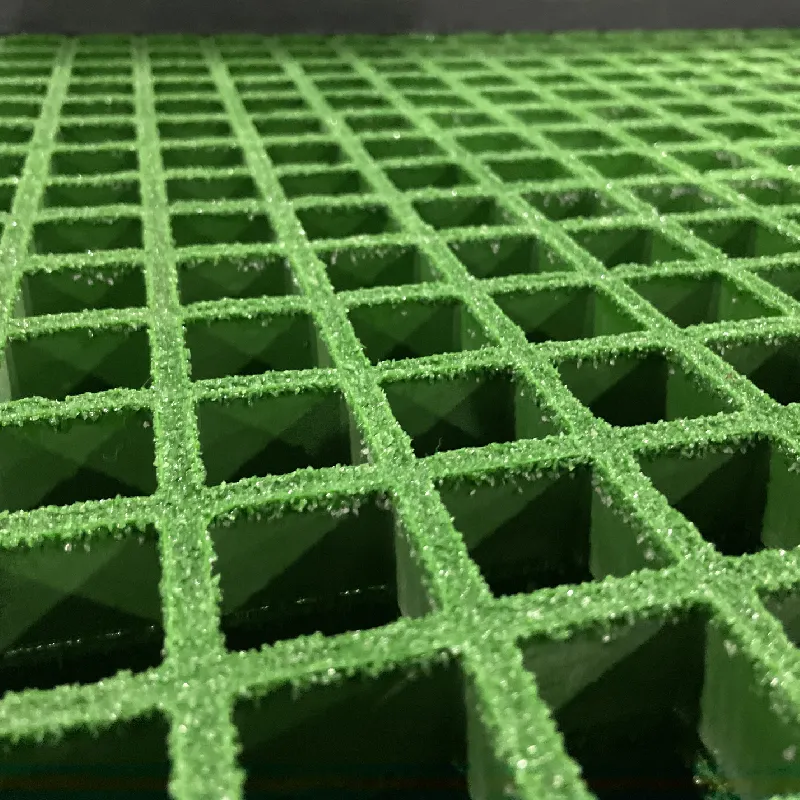loading...
- No. 9, Xingyuan South Street, Dongwaihuan Road, Zaoqiang County, Hengshui, Hebei, China
- admin@zjcomposites.com
- +86 15097380338
- Welcome to visit our website!
FRP Roof Deck Solutions | Lightweight, Durable, and Cost-Effective Roofing
Understanding FRP Roof Decks Benefits and Applications
Fiber Reinforced Polymer (FRP) roof decks have emerged as a popular choice in the construction industry due to their unique properties and advantages. These materials are increasingly used in both commercial and residential settings, offering a robust solution to various roofing challenges.
Understanding FRP Roof Decks Benefits and Applications
Another significant advantage of FRP roof decks is their resistance to corrosion and environmental degradation. Unlike metal roofing systems, which can rust over time, FRP materials maintain their integrity even when exposed to harsh weather conditions or chemicals. This longevity minimizes maintenance costs and extends the lifespan of the roofing system, making it an economically viable option over time.
frp roof deck

The installation process of FRP roof decks is also relatively straightforward. Their lightweight characteristic allows for easier handling and placement, which can lead to faster construction timelines. This efficiency is particularly beneficial in projects where time is a critical factor, allowing builders to complete roofing phases swiftly and reduce overall project durations.
In terms of design flexibility, FRP roof decks can be manufactured in various shapes and sizes to meet specific architectural requirements. This adaptability makes them suitable for a wide range of applications, including industrial buildings, warehouses, and retail spaces. Moreover, FRP can be customized to incorporate various surface finishes, providing aesthetic value alongside functional benefits.
Furthermore, the thermal insulation properties of FRP decking can enhance energy efficiency. By reducing heat transfer, they contribute to maintaining stable indoor temperatures, which can lead to reduced energy consumption for heating and cooling systems.
In conclusion, FRP roof decks provide a combination of strength, durability, and efficiency that makes them a highly favorable option in modern construction. Their lightweight nature, resistance to corrosion, ease of installation, and design flexibility are compelling reasons to consider them for future roofing projects. As the construction industry continues to seek innovative materials that offer sustainability and performance, FRP technology promises to play a significant role in shaping the roofs of tomorrow.
-
GRP Structures: The Future of Lightweight, High-Performance EngineeringNewsJun.20,2025
-
FRP Water Tank: High-Performance Storage for Corrosive and Clean Water SystemsNewsJun.20,2025
-
FRP Square Tube: The New Industry Standard for Chemical and Structural ApplicationsNewsJun.20,2025
-
FRP Pultruded Profiles: The Ultimate Choice for Lightweight Structural StrengthNewsJun.20,2025
-
FRP Handrails: The Safer, Smarter, and Stronger Choice for Modern InfrastructureNewsJun.20,2025
-
FRP Grating: The Smart Solution for Durable, Lightweight Industrial FlooringNewsJun.20,2025
-
Why Choose a Galvanized Water Tank for Your Storage NeedsNewsMay.21,2025
